A potent display of unity amid diversity

Music, fairs, and colourful processions—the celebrations welcoming the Bangla New Year 1432 were truly a sight to behold. On Monday, people came out in droves to participate in what is typically the largest festival observed in the country, particularly in Dhaka. This year's festivities carried special significance, being the first after the fall of a dictatorship that had pushed the people to the edge for more than a decade.
Misgivings abounded ahead of the celebrations though, especially after two motifs created for the Borsho Boron Anondo Shobhajatra were burnt down on the Dhaka University campus just two days prior. There was also controversy surrounding the renaming of the traditional morning procession in the capital. Fortunately, the unease that had been thus stirred did not overshadow or mar the festivities eventually. In the end, a greater sense of unity and togetherness prevailed.
What truly set this Pahela Baishakh festival apart was the scale of public participation: members of about 28 different ethnic minority communities, along with people from all walks of life, joined in the processions and festivities. From eight-year-olds to octogenarians, everyone came out to proudly stake their claim to a shared heritage and cultural identity. The message of peace, inclusivity, and diversity was loud and clear. This, we must acknowledge, was made possible by the government's commendable efforts in ensuring that the celebrations proceeded smoothly and safely.
That is not to say the festivities were entirely without blemish. The suspension of celebrations at Chattogram's DC Hill, for example, was quite distressing. It followed an attack by a group of miscreants, identified as members of the BNP-backed Jatiyatabadi Samajik Sangskritik Sangstha (Jasas) and its like-minded organisations, who opposed the programme and vandalised the venue. This is an issue that BNP should address with due seriousness.
Apart from that, beyond the music and joy and food, festivals like this should also prompt reflection. Ours is a heritage built on resilience, communal harmony, and compassion, but we must also confront the uncomfortable truth that intolerance, exclusion, and discrimination have increasingly taken root in our society. Monday's celebrations marked a step towards resisting those influences and reaffirming our collective desire for a truly equal and inclusive society. Moving forward, we must strive to be free from prejudice and inequality in all spheres of life. Our social, political, and economic systems must become truly inclusive and diverse, and the discrimination still faced by marginalised communities must be eradicated. Only then can we build a society that truly reflects the spirit of Pahela Baishakh.

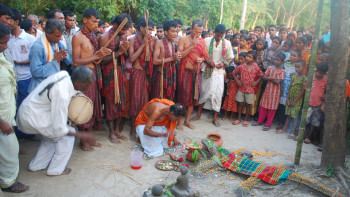
 For all latest news, follow The Daily Star's Google News channel.
For all latest news, follow The Daily Star's Google News channel. 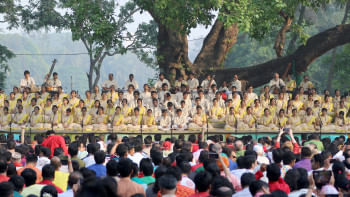

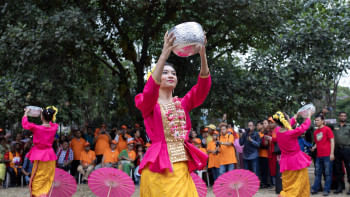


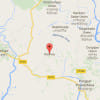

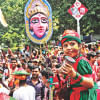
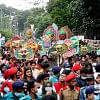
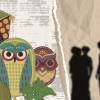


Comments